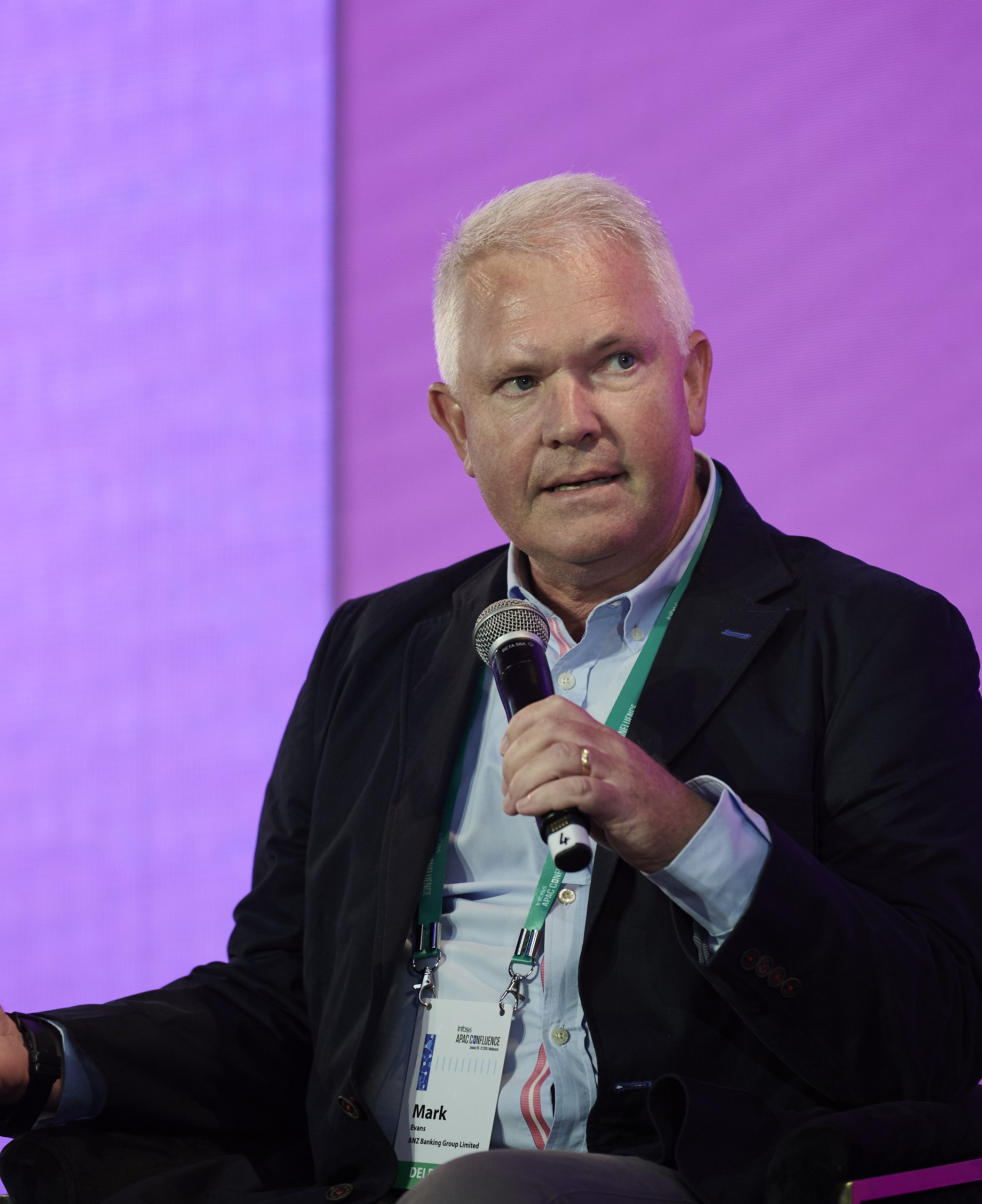Insight
Let go of legacy thinking
MARK EVANS, MANAGING DIRECTOR, TRANSACTION BANKING, ANZ | MARCH 2019
We hear a lot about the cost of legacy systems. A recent Benchmark survey suggests 36 per cent of global banks spend more on maintaining existing IT infrastructure than on new development. It’s often labelled the biggest challenge facing banks.
But old technology is just the start. The real danger - particularly for businesses hoping to transform to meet the changing demand of their customers – is ageing attitudes and ideas we have when it comes to one of our most-important assets: our people.
The biggest challenge we actually have is legacy thinking.
Adaption
For big organisations like ANZ, the question leaders must ask is how we adapt ourselves to the way in which Generation Z - or whoever it is within a diverse organisation - think.
I grew up in a banking culture where your performance was judged on by the time you spent at your desk; the fact that you may have come into work at eight in the morning and left at seven at night. Now that wasn't necessarily a measure of productivity, simply your presence.
Today we know people want to work flexibly. We know people want to learn at their discretion.
So how do businesses make that sort of thing available? The answer must come from leaders.
Leaders need to be open, curious and be culture carriers within their organisation to help build the workforce of the future.
_________________________________________________________________________________________________________
“Leaders need to be open, curious and be culture carriers within their organisation to build the workforce of the future.”
_________________________________________________________________________________________________________

Evans speaks at APAC Confluence in Melbourne, hosted by Infosys.
Purpose
At ANZ we know without people we don't have a business. And the reality is the way in which our customers deal with us today is changing.
It is very different to the way they dealt with us yesterday and is going to be very different to the way in which they want to transact and interact with us tomorrow. ANZ is not just a bank - it is a trusted part of the financial system and the communities in which it operates.
Studies show Gen Z is not like anyone before it; they don't come to work today just to draw a salary. They come because they want to contribute to a bigger purpose.
As Meredith Feguson writes in Forbes, companies which hope to be successful must consider offering “a variety of engagement opportunities - from simply cutting a cheque to ongoing, participatory volunteer efforts - that allow for alignment with personal interests and time constraints.”
Businesses need to help themselves understand that - and help staff understand that's what they’re doing. Successful businesses will be the ones which provide a workplace that is safe for people to operate and meet their aspirations.
Of course; not all the benefits are intangible. At ANZ, we did a study tour of China a number of years ago and spoke to a range of different companies, from startups to large banks. The one thing we found that was unifying amongst all of them was staff members from top to bottom in the successful ones could clearly articulate what the purpose of their organisation was.
And the reality is if leaders aren't either open to or equipped to lead in this changing workplace, business should –respectfully – help them transition out.
Development
Clarity of purpose and people development are an important part of a creating an engaged workforce. But it’s not just about that. It’s about the future.
ANZ has been around for 180 years and today has over one million customers using ANZ credit cards from a digital wallet. Nobody was thinking about this kind of digitisation 180 years ago.
Helping people understand and prepare themselves for these new emerging trends in the marketplace is critical - and having an engaged workforce to go with this is mandatory.
Human
These moves will become a challenge as automation increasingly rolls out around the world. Almost everyone has heard by now the various numbers thrown around; a McKinsey study from 2017 claims as many as 800 million jobs could be lost to automation by 2030.
Trade businesses are documentation heavy and at ANZ we're using machine learning and technology to streamline a lot of that.
But there are always things business will need humans to do more of. By and large businesses don’t want to lose their people – just reallocate them from mundane tasks to things that add greater value – such as such as engaging with customers and not just checking documents.
As industry automates business is going to rely more on the emotional quotient of people rather than the intellectual side.
And that’s the kind of thinking we need for the future.
Mark Evans is Managing Director, Transaction Banking at ANZ.
This is an edited version of comments made at the APAC Confluence in Melbourne in January, hosted by Infosys.
RELATED INSIGHTS AND RESEARCH
insight

Tech, compliance & opportunity
Legislation in the banking industry, whilst compliant in nature, presents an opportunity to deliver enhanced products and services to the customer base.
insight

On sustainability, companies ‘have to change’
The changing nature of the environment – and economy – demand businesses act on sustainability, experts suggest.
insight

The diversity dividend is obvious: Bishop
To mark IWD 2019, we share comments from the Hon Julie Bishop MP on why board diversity is paramount.